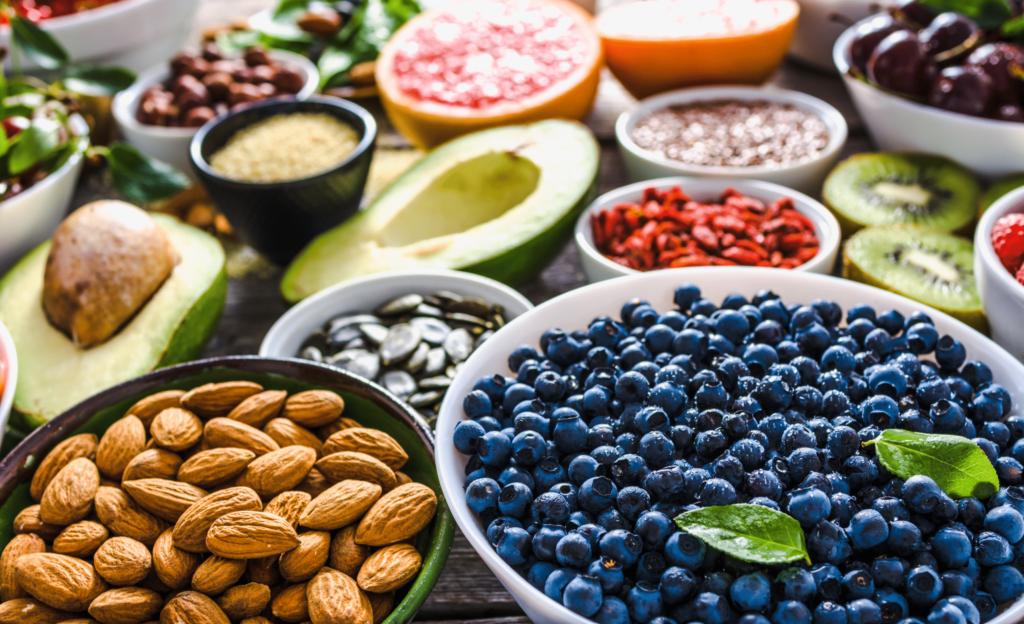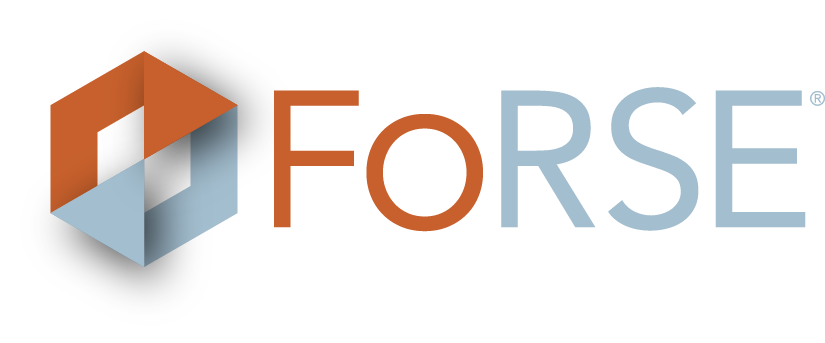Rehab facilities are becoming increasingly aware of how powerful nutrition can be in aiding recovery. When we think about addiction treatments, we typically consider detox, therapy, and group sessions. However, nutrition may also play a significant role in addiction treatment because malnutrition has been shown to increase reported cases of headaches, depression, and drowsiness.
Essentially, healthy eating habits are crucial for people who are recovering from alcohol or drug addiction.
Abusing alcohol and drugs can easily lead to malnutrition and your clients may:
- Consume less food,
- Increase the speed at which their body uses energy,
- Damage their gut so that it cannot absorb nutrients in food properly,
- Make poor food choices that are less nutritious,
- Skip meals, often causing impaired eating habits, and
- Experience increases in reported levels of depression, anxiety, and OCD.
THE ROLE OF OMEGA-3s IN PATIENT RECOVERY 2021
Research confirms a person with substance-abuse issues is more likely to relapse when they have poor eating habits. During the deep stages of addiction, treatment providers should counteract self-care neglect through positive reinforcement of best nutrition practices.
Researchers are now understanding that essential to the nutritional well-being of addictive prone-individuals is their intake of Omega-3s. But it’s important to note that Omega-3 fatty acids are just some of the essential nutrients that may be useful in a nutrition plan for addiction recovery.
A BALANCED DIET PRODUCES THE “FEEL GOOD’ BRAIN CHEMICAL SEROTONIN
Serotonin is the key hormone that stabilizes mood, feelings of well-being, and happiness. It acts as a neurotransmitter, a type of chemical that helps relay signals from one area of the brain to another. Although serotonin is manufactured in the brain, where it performs its primary functions, some 90% of our serotonin supply is found in the digestive tract and in the blood platelets. There are foods and some nutrients that can increase levels of tryptophan, the amino acid from which serotonin is made. Milk, tuna, cheese, and nuts are a few good sources of tryptophan. It is believed to influence a variety of psychological and other body functions. When serotonin levels are balanced, it promotes better sleep and aids in mood regulation – two key factors in recovery.
Not only does a nutritional plan address nutritional deficiencies, setting regular mealtimes can play an equally significant role in recovery. When your patients develop a routine with structure, it is easier to avoid situations that may trigger a relapse.
Learning to eat differently, like recovery, is challenging work. In treatment and beyond, establishing an effective plan will help nourish the mind and body of your patients.
ABOUT SUNWAVE
Sunwave is a comprehensive unified platform for behavioral health treatment providers, that helps manage the full patient lifecycle. Our platform starts with from the initial contact and works through admissions, treatment planning, virtual care management, revenue cycle management, and alumni management. Learn more about Sunwave and schedule a demo with one of our platform experts.
Researchers are now understanding that essential to the nutritional well-being of addictive prone-individuals is their intake of Omega-3s. But it’s important to note that Omega-3 fatty acids are just some of the essential nutrients that may be useful in a nutrition plan for addiction recovery.



